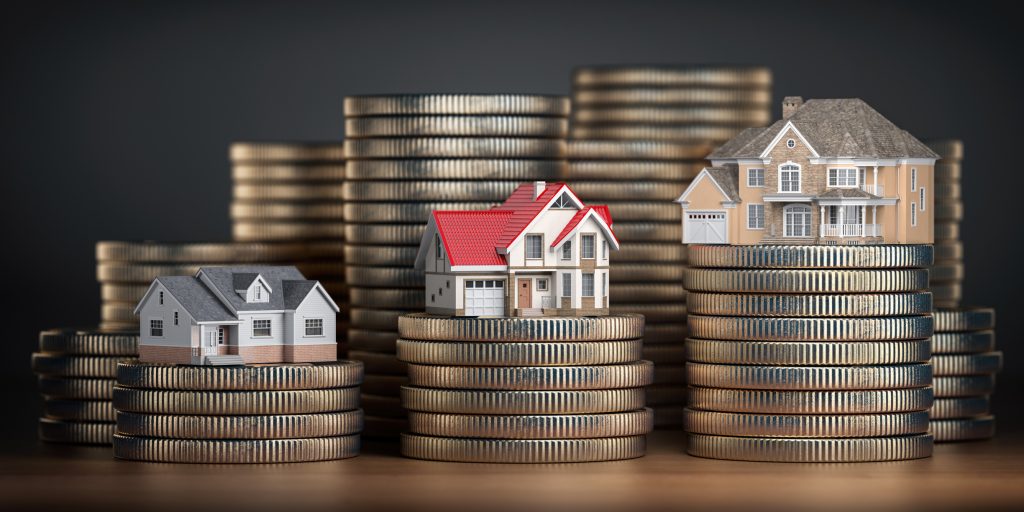It’s normal for house prices to fluctuate over time. But if you want to buy a home, it helps to understand what makes prices go up so you know when and where you can get the best price for a home. The same is true if you’re a seller who wants to know how to get the most money for your home. The size and condition of your home play a factor in the listing price, but conditions outside your control can also impact the price you hope to get. Under the right economic conditions, home prices will go up. The market’s current supply and demand, as well as interest rates, will impact you as a seller.
Here are four factors that cause home prices to fluctuate:
- Interest Rates Changes in interest rates impact house prices. The lower interest rates are, the higher home prices tend to be. Low interest rates encourage buyers which creates more competition for homes that are for sale. They also make purchasing a more expensive home possible for home buyers. Lower interest rates let you borrow more money without seeing a huge increase in your monthly mortgage payment. However, when the interest rate is high, so is your monthly payment. Homes become less affordable when interest rates rise unless the asking prices come down.
- Location Location has a lot to do with the price of a home. Popular areas, like a prominent suburb or downtown neighborhood, can boost home prices because of the high demand of buyers who want to live there. Home prices are typically higher in trendy areas and neighborhoods with excellent school districts. Less popular areas usually have lower home prices even if the size of the homes is the same as those in more appealing areas.
- Season Another factor that can impact home prices is the season. There is a larger demand for homes to purchase once the spring buying season heats up. Since there is a greater chance the home will be purchased, prices may increase. Bidding wars often occur when the buying market is strong, which also increases the price of a home. The supply of houses goes down and the demand goes up when there are more buyers than sellers. This makes homes more expensive and harder to purchase. The winter months usually have usually fewer people shopping for a new home, so sellers may have to decrease the asking price in order to sell their home.
- Economy When unemployment goes down and the economy is strong, house prices tend to rise. Not only do people feel more secure in their jobs and their ability to pay a mortgage in a strong economy, they are also more likely to get approved for a mortgage. However, when the economy is unstable, home prices are often lower because people can’t afford to purchase houses.
Contact us today to learn more about the current market and whether now is a good time to buy a new home. We are happy to answer any questions you may have or help you in any way.



